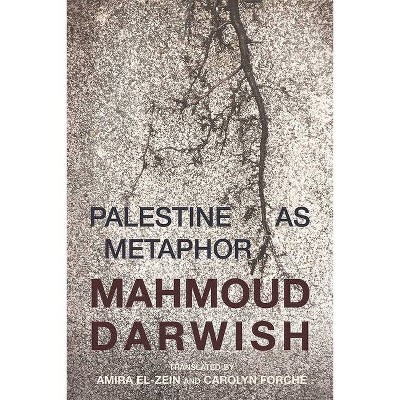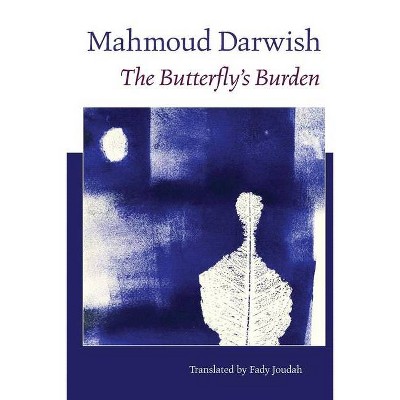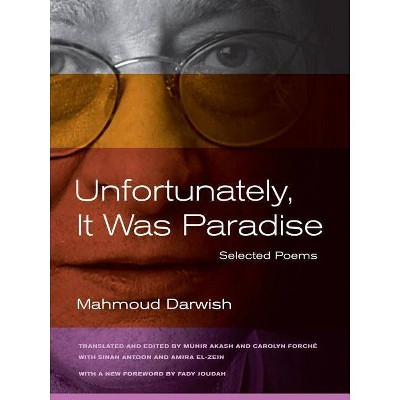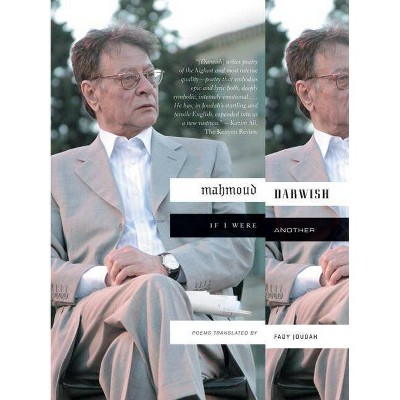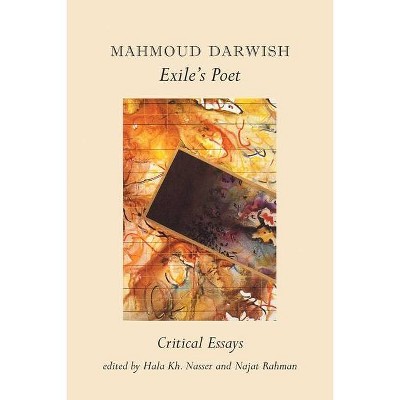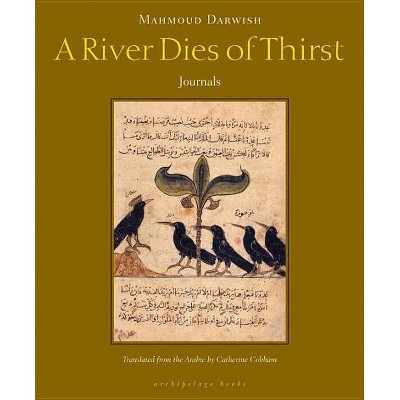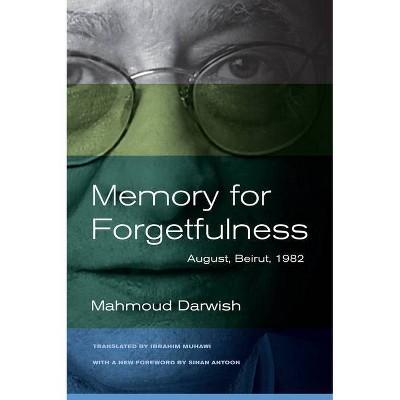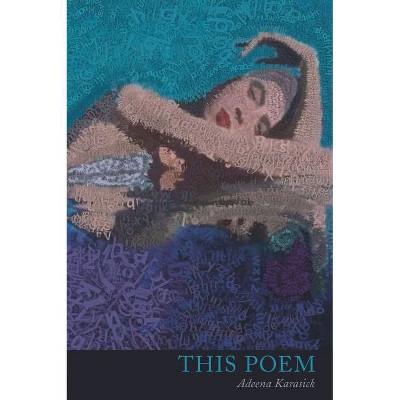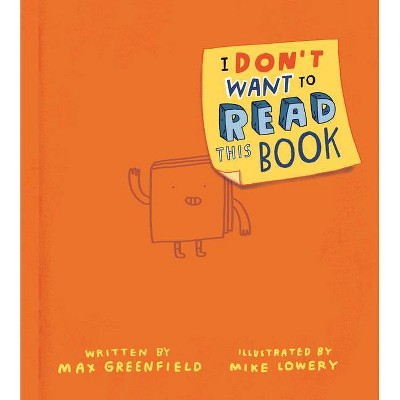I Don't Want This Poem to End - by Mahmoud Darwish & Mohammad Shaheen (Paperback)
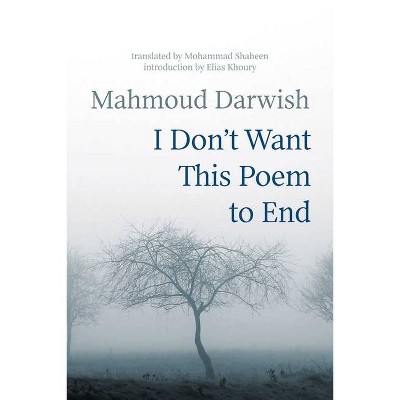
Similar Products
Products of same category from the store
AllProduct info
<p/><br></br><p><b> About the Book </b></p></br></br>First English translation of new poetry by the late Mahmoud Darwish, the most important Palestinian contemporary poet. When the Palestinian poet Mahmoud Darwish died in 2008, his friends visited his home and retrieved poems and writings some of which are gathered together in this volume, translated into English for the first time. They include three collections from different phases in Darwishs writing career, as well as reminiscences by friends drawn from the poets final years, and a moving account of the discovery of the new poems in this collection. This volume includes: How We Found the Poems by Elias Khoury, a friend of Darwish and a distinguished novelist My Friend Mahmoud, a biographical memoir by Professor Mohammad Shaheen, translator of Darwishs poetry. The End of the Night, Its a Song, and I Dont Want this Poem to Endthree collections totaling about 80 poems, most translated into English for the first time. On Exile, a prose essay by Mahmoud Darwish. A letter from the poet to his brother, written in 1965 from an Israeli prison. Last Meeting by Faisal Darraj, a leading critic in the Arab world.<p/><br></br><p><b> Book Synopsis </b></p></br></br>When the Palestinian poet Mahmoud Darwish died in 2008, his friends visited his home and retrieved poems and writings some of which are gathered together in this volume, translated into English for the first time. They include three collections from different phases in Darwish's writing career, as well as reminiscences by friends drawn from the poet's final years, and a moving account of the discovery of the new poems in this collection.<p/><br></br><p><b> Review Quotes </b></p></br></br><br>This alluring volume comprising three poetry collections from acclaimed Palestinian poet Darwish (1941- 2008), available in English for the first time, also features complementary correspondence and essays on the poet's life, composition process, and activism. Translator and editor Shaheen treats the poetic text as an artifact of a life in language, recognizing that Darwish's movement through language was inevitably both personal and political. The title of the collection and some of its lines 'might be said to be the last words spoken by the poet, 'observes Elias Khoury in his introduction. Such graceful contextualization allows readers to appreciate the nuances of the translation and Darwish's own words: 'He says to her as they gaze at a rose, Which scratches the wall: death came a little nearer to me, ' Darwish writes in the title poem. That these may have been among Darwish's last words heightens the emotional impact of both the poem's craft and the faultless translation. The image of the rose functions as an emblem for the possibility- of empathy, kindness, and enlightenment- that art opens within political life. By carefully framing Darwish's poetry as the record of a citizen inhabiting the complexities of Palestine's political landscape, Shaheen delivers a volume ideally suited to both scholars and newcomers to Darwish's body of work.<br>
Price History
Price Archive shows prices from various stores, lets you see history and find the cheapest. There is no actual sale on the website. For all support, inquiry and suggestion messages communication@pricearchive.us
